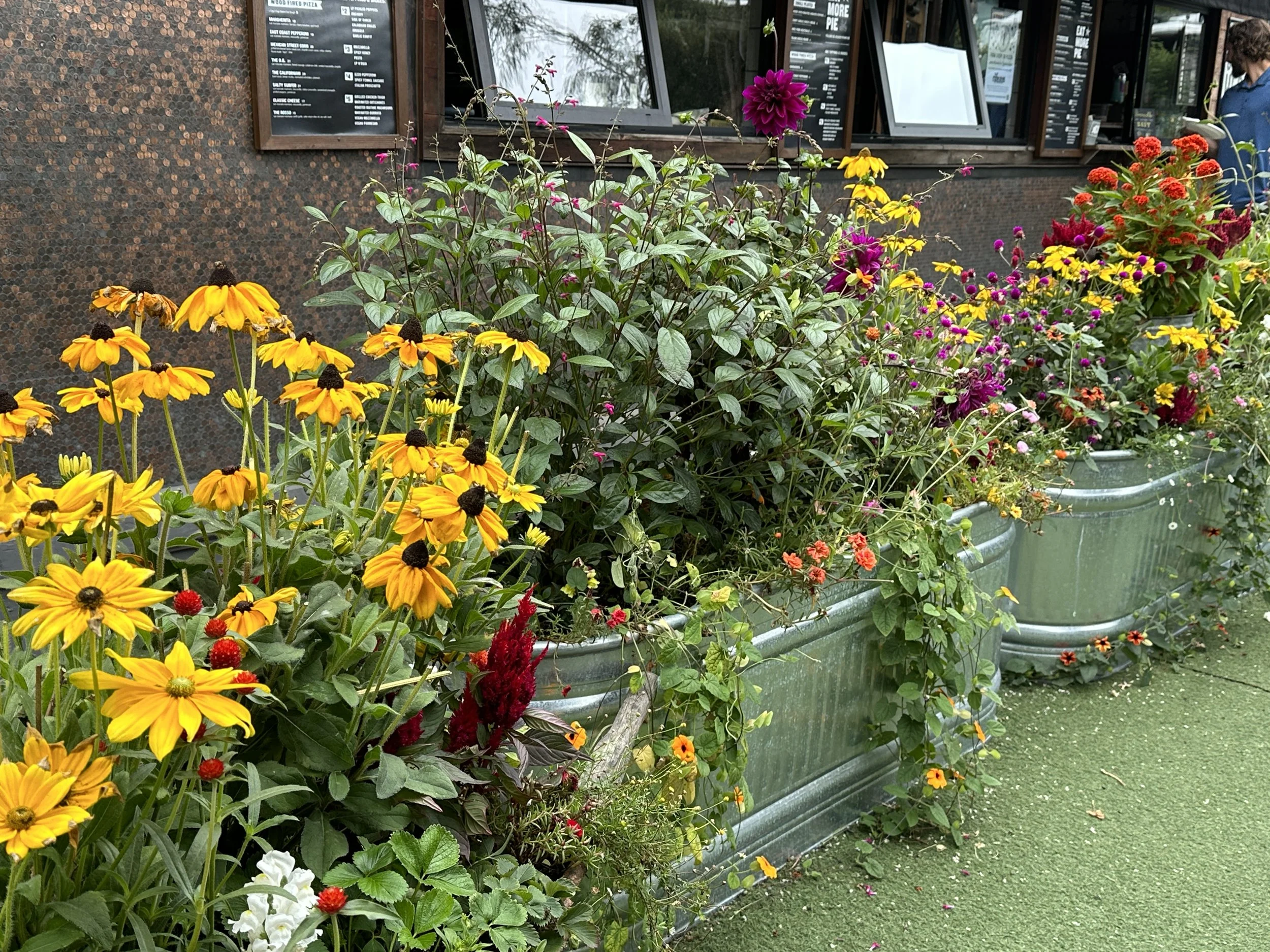The Garden We Tend
Written By: Sebastien Kiyabu ‘27
Edited By: Angelica Marin ‘27
We sowed our hours in trembling ground,
With hands unskilled and hearts unbound,
Each laughter-seed, each sorrow's bloom,
To be at the beginning of a synchronizing tune.
Times winter came with silent tread,
It burned the green, it bowed each head;
Yet root and stem, though stripped and bare,
Still whispering life into the air.
We are the keepers of that field,
Where broken stems to blossoms yield;
No frost can steal, no drought erase,
The current of roots in hidden place.
The clock, that tireless thief of gold,
Steals neither warmth nor love we hold;
It siphons hours, but leaves the hue
The breath, the ache, the living through.
For each memory, an heirloom rose,
Its petals stitched with joys and woes;
And when the barren seasons call,
Their fragrance floods and breaks the fall.
We are but gardeners of our past,
Harvesting love that blooms to last;
Though time may steal the morning dew,
It cannot wilt the heart we grew.
So let us drink these reminiscent wines,
Pressed from the fruit of sacred times;
For though our stories may pale us and sever,
our pulse of feeling hums forever.
Writer’s Note:
This poem is an extended metaphor equating memory, friendship, and the passage of time with the art of gardening. A deliberate act of nurture, patience, and deep emotional investment. Gardening as a metaphor, is both temporal and eternal, reflecting how relationships root themselves in fleeting moments yet yield lasting emotional fruit.
The “garden” represents the shared history between friends with each joy and sorrow planted as seeds that continue to grow, bloom, or decay depending on how we tend to them emotionally. The act of sowing the “laughter-seed” and observing “sorrow’s bloom” in “trembling ground” aims to touch on a vulnerability in forming meaningful connections, and how these early moments lay foundation and foot hold for something enduring.
The poem’s second stanza introduces time as a natural but harsh force, a “winter” that strips vitality and color, but cannot reach the soul of what has been planted. Winter doesn’t simply represent aging or change, but it’s emotional distance, loss, and natural drift of life. Yet, the undercurrent of profound emotional roots in your garden enable a steadfast and organic relationship.
It’s crucial to recognize that the poem refuses to romanticize memory as static perfection. Gardens are imperfect, they require weeding, endure droughts, and suffer frost. In this way, it reflects how our relationships and recollections evolve, sometimes with pain. The poem honors that truth by reminding us that even in decay, there is the potential for rebirth and remembrance.
The two closing stanzas, however, shift subtly from observation to affirmation. By calling us “gardeners of our past”, it acknowledges that memory is not passive, but an act of emotional labor. We preserve, revisit, and sometimes replant old joys and wounds, keeping them alive not out of nostalgia but for sustenance. “Though time may steal the morning dew” is meant to act as an imagery of inevitable loss and freshness fading, but “the heart we grew” endures. This is the emotional thesis: that meaning lives in what we felt, not simply what we remember. And from the fruits(memories) of your garden, fruits both spectacular and unappealing, integrate themselves when we “drink these reminiscent wines, pressed from the fruit of sacred times”. In collective form, a reminiscent flurry of emotion, we toast these blended wines to the garden we built together.

